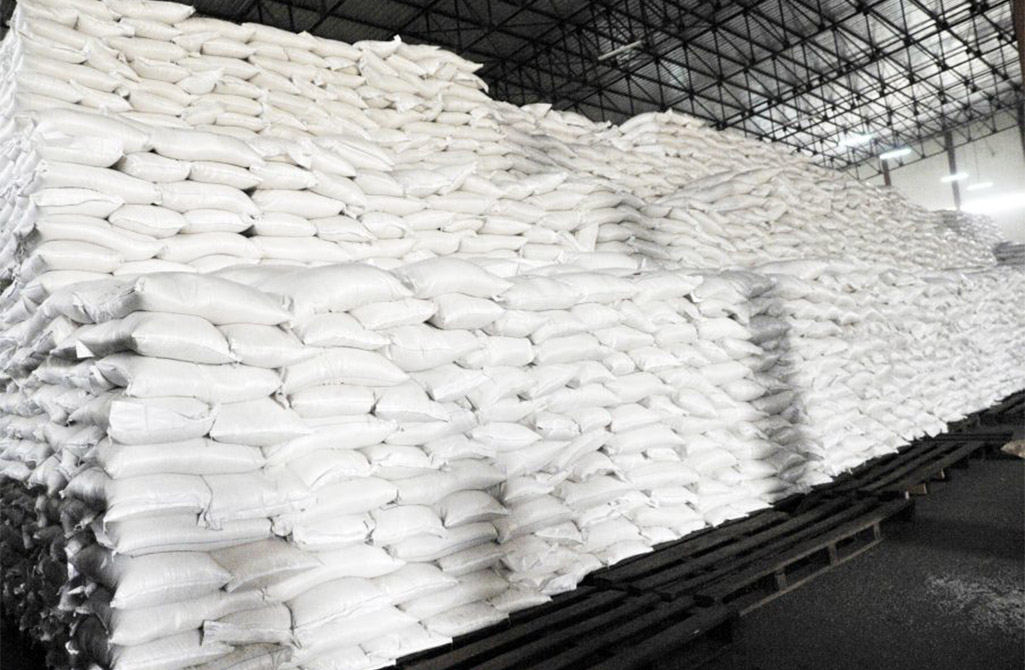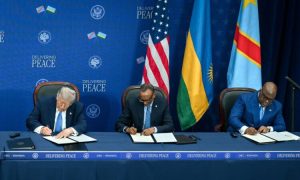Togo: Donations in kind from Japan, a sign of good diplomatic relations and win-win cooperation

At the start of this week, Togo once again received a significant donation from Japan, marked by the arrival of a large shipment of fertilizer in Lomé. The shipment, totaling 5,066 tons and valued at 2.2 billion FCFA, is part of the 2023 Economic and Social Development Program (PDES).
This generous contribution underscores the enduring strength of diplomatic ties between the two nations.
The handover ceremony, led by Togo’s Minister of Agriculture, Livestock, and Rural Development, Antoine Lekpa Gbégbéni, alongside the Japanese Ambassador to Togo, Ikkatai Katsuya, highlighted the growing importance of this bilateral cooperation.
The fertilizer donation, comprising 3,295 tons of NPK15-15-15 and 1,771 tons of urea, is specifically aimed at supporting small-scale farmers, particularly those in the rice sector.
This assistance is designed to boost local agricultural productivity, with the strategic goal of reducing Togo’s reliance on rice imports, thereby contributing to the country’s economic development.
In addition to this substantial fertilizer donation, a new food aid agreement was signed during the same ceremony. This agreement, part of Japan’s 2024 Food Assistance Program, known as Kennedy Round (KR 2024), includes a rice shipment valued at 250 million Yen, or approximately 1 billion FCFA.
This further solidifies Japan’s commitment to enhancing food security in Togo.
Since the beginning of this collaboration, Togo has received considerable support from Japan.
Through the KR program, Togo has been provided with 114,692 tons of cereals, including 81,849 tons of wheat and 32,843 tons of white rice, valued at nearly 5 billion Japanese Yen, or about 24.5 billion FCFA, since 2008.
These Japanese contributions have been instrumental in bolstering food security in Togo, offering critical assistance during times of need.
Beyond agriculture and food aid, the partnership between Togo and Japan extends to various sectors, including education, health, and infrastructure.
This broad collaboration reflects a stable diplomatic relationship founded on mutual trust and a shared commitment to sustainable development.
Japan, through its diverse initiatives, continues to play a pivotal role as a key partner to Togo, significantly contributing to the country’s socio-economic progress.
The stable diplomatic relations between Togo and Japan illustrate the vital role of international cooperation in enhancing national capacities.
With this ongoing commitment, Togo can rely on the support of strong partners to address its development challenges, while solidifying its position on both the regional and international stages.
This partnership, grounded in tangible actions and measurable outcomes, is set to grow even stronger in the years ahead, benefiting both nations.
Chantal TAWELESSI












